Before 2016, formations making use of wing-backs were hardly utilized in England, save for when a manager needed to ‘shut up shop’ as a means to preserving a lead.
It is why Chelsea’s Premier League triumph in 2016/17 was a watershed campaign for the top flight, and English football, as a whole.
Managers who tried to play with three at the back often had to revert to back four-tactics as their innovations failed to produce desired results.
While Roberto Martinez’s Wigan Athletic had some success utilizing a back three which helped them avoid relegation in 2011/12, Louis van Gaal and Brendan Rodgers didn’t thrive with this approach with Manchester United and Liverpool respectively.
However, Antonio Conte bucked the trend with Chelsea two-and-a-half seasons ago to win the West London club’s fifth title, as he deployed Victor Moses and Marcos Alonso at right wing-back and left wing-back, respectively.
Next Match
Moses began the campaign on the fringes of the first-team, with the Italian coach favouring Eden Hazard, Pedro and Willian in his 4-1-4-1 formation in the opening six fixtures.
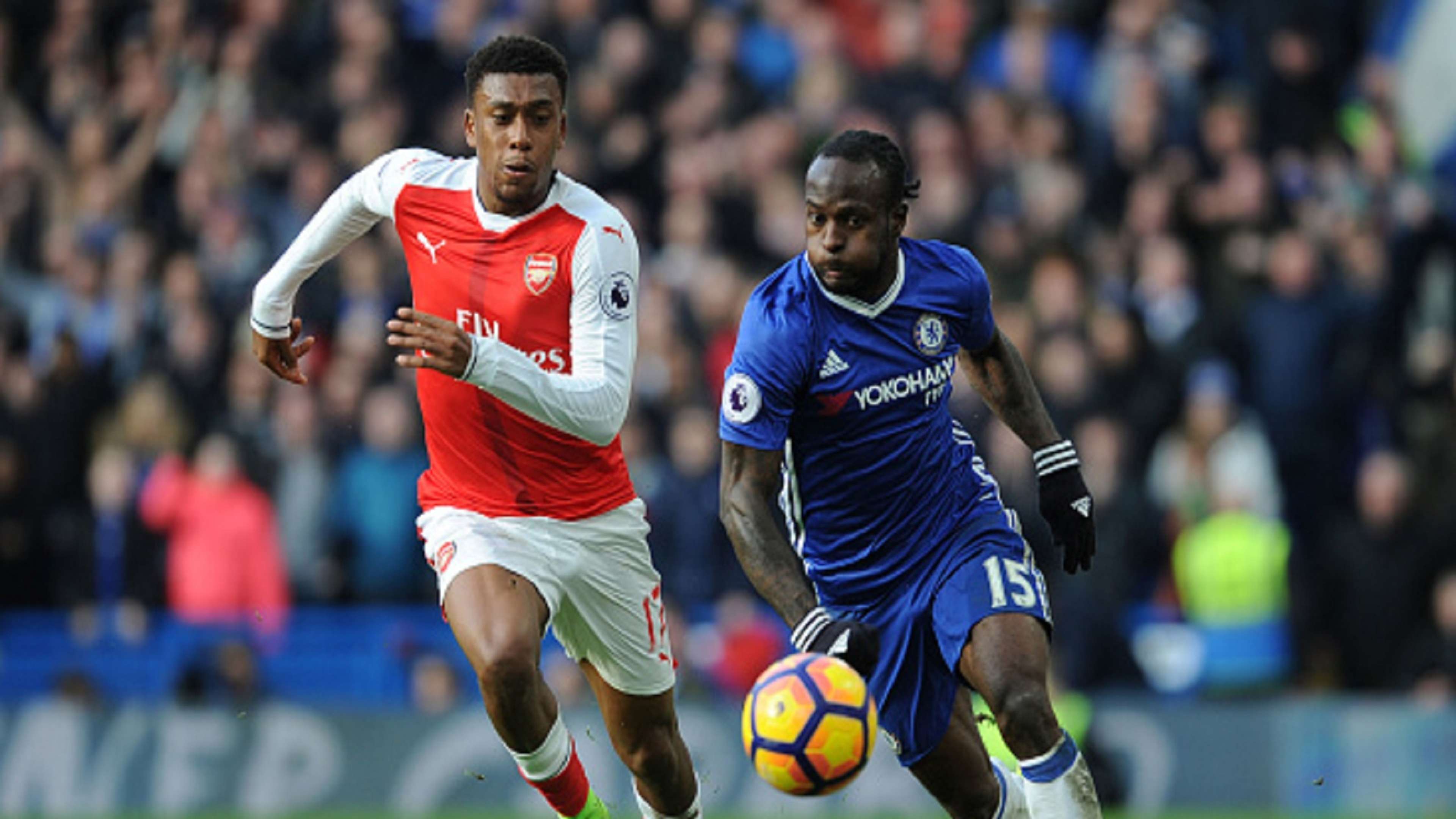 Getty
Getty
The Nigerian had to make do with substitute appearances in the Blues’ first five league games against West Ham United, Watford, Burnley, Swansea City and Liverpool, before sitting out the 3-0 spanking by Arsenal at the Emirates Stadium.
The defeat at the hands of their London rivals, where Conte tried the 3-4-3 for the first time, was to be the turning point for the Italian, Chelsea and Moses.
After the international break in September, Conte’s charges were away at Hull City, and the former Super Eagles wideman made his first start.
On first viewing, it seemed like Conte started with a 4-2-3-1: with Thibaut Courtois in goal, Alonso, David Luiz, Gary Cahill and Cesar Azpilicueta in defence, N’Golo Kante and Nemanja Matic in midfield, Moses, Hazard and Willian in attacking midfield, with the attack spearheaded by Diego Costa.
But it was soon revealed that the Blues trainer had switched to his preferred three-man back-line that brought him success at Juventus and with the Azzurri.
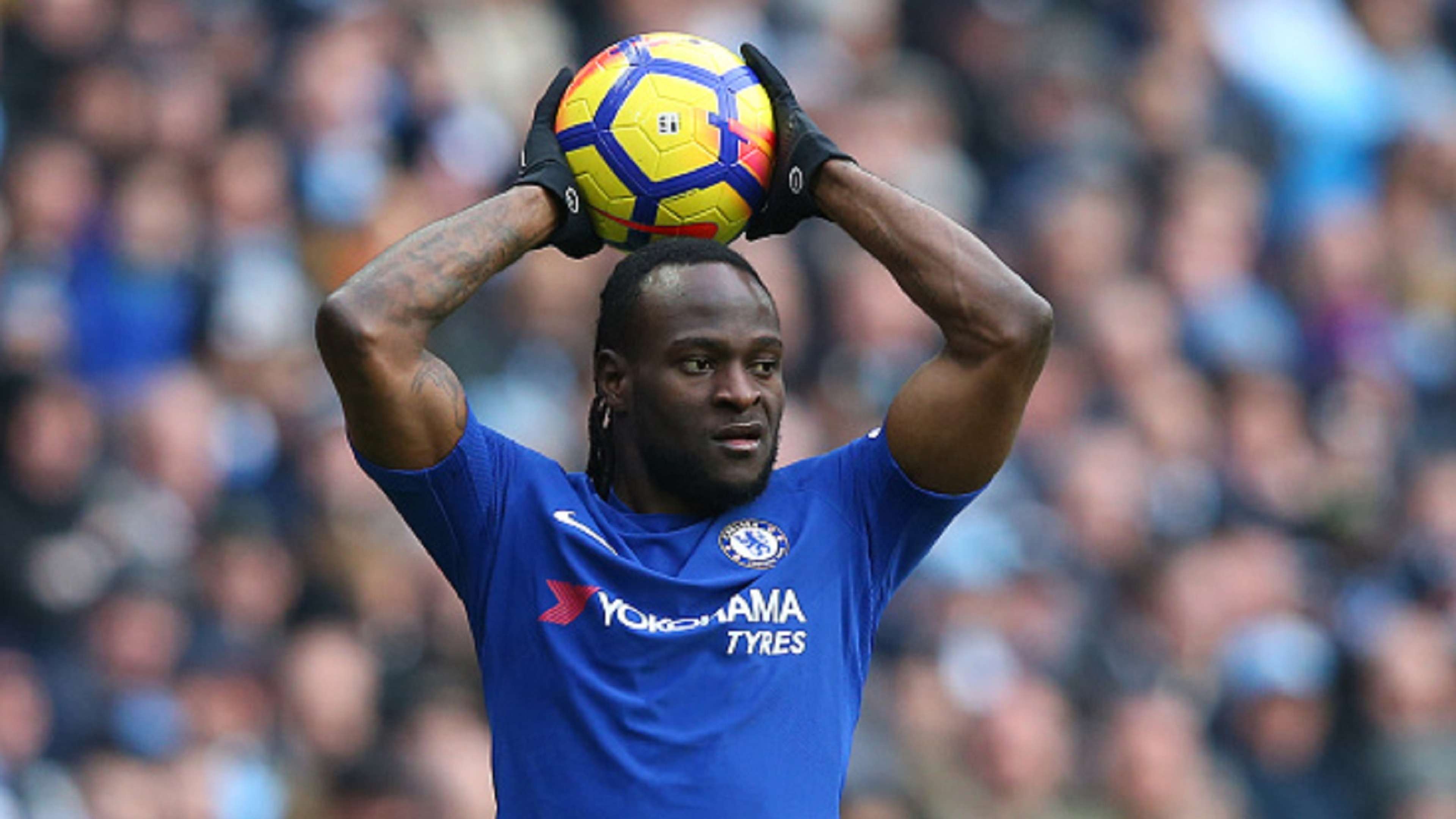 Getty
Getty
Chelsea won 2-0 at the KCOM Stadium and Moses was about to become a central figure in a side that made Premier League history.
The Blues won 13 games in a row, to equal Arsenal’s then-record with a series of glowing performances: there was the 4-0 win over Manchester United, the 5-0 thrashing of Everton, the somewhat lucky 3-1 success over Manchester City at the Etihad and the hard-fought 2-1 success over Tottenham Hotspur.
What was noteworthy about the wins over the Toffees and City was both sides tried to match Conte’s tactic, without success. Nonetheless, it showed how much of an influence the Italian was making in the league.
Eventually, Moses and co. had their run halted by Spurs on January 4 in a 2-0 defeat at White Hart Lane after Mauricio Pochettino matched the Blues’ formation. It proved to be a bump in the road, though, with Chelsea winning 14 of their last 18 fixtures to win the league with 93 points.
Moses, who netted three league goals, had gone from perennial loanee (before Conte he’d spent three seasons away at Liverpool, Stoke City and West Ham) to vital component in a title winning side. Never before had a side won the Premier League playing three/five in defence, so Conte’s success was colossal for English football.
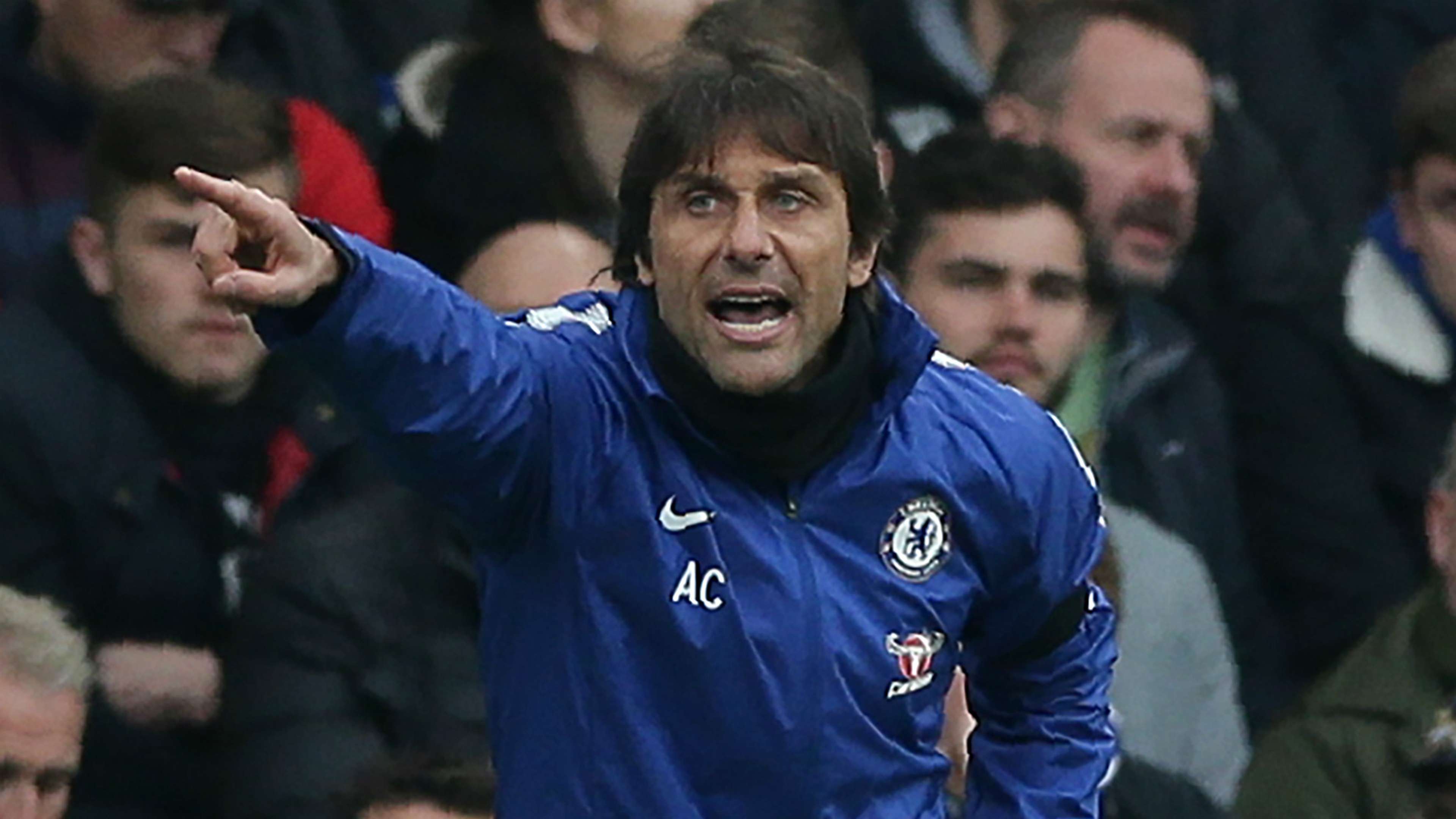
Many sides tried to replicate the West London club’s tactic over the course of that campaign and throughout Conte’s short-lived time in England, owing to their success in 16/17. The Italian had taken the club from 10th in the previous campaign to their fifth title win, marking a complete turnaround in fortunes.
They narrowly missed out on a double too, with Arsenal claiming a 2-1 win over their London rivals in the FA Cup, a game where Moses received his marching orders for diving.
That was the only black mark in the Nigerian’s campaign as he may be remembered as that game’s chief villain owing to his dive that left his side undermanned.
Chelsea’s turbulent 2017/18, in which Conte and the club’s hierarchy fell out, saw Moses and his teammates struggle on the pitch, and results predictably suffered. They ended outside the top four, but won the FA Cup at the second time of asking.
Maurizio Sarri’s arrival in West London, which signified a change in style and formation, prompted Moses’ departure to Fenerbahce in January.
At international level, the wideman was one of the key players in Nigeria’s Africa Cup of Nations win in 2013, the West African nation’s first success on the continent since 1994, but it wasn’t without difficulty.
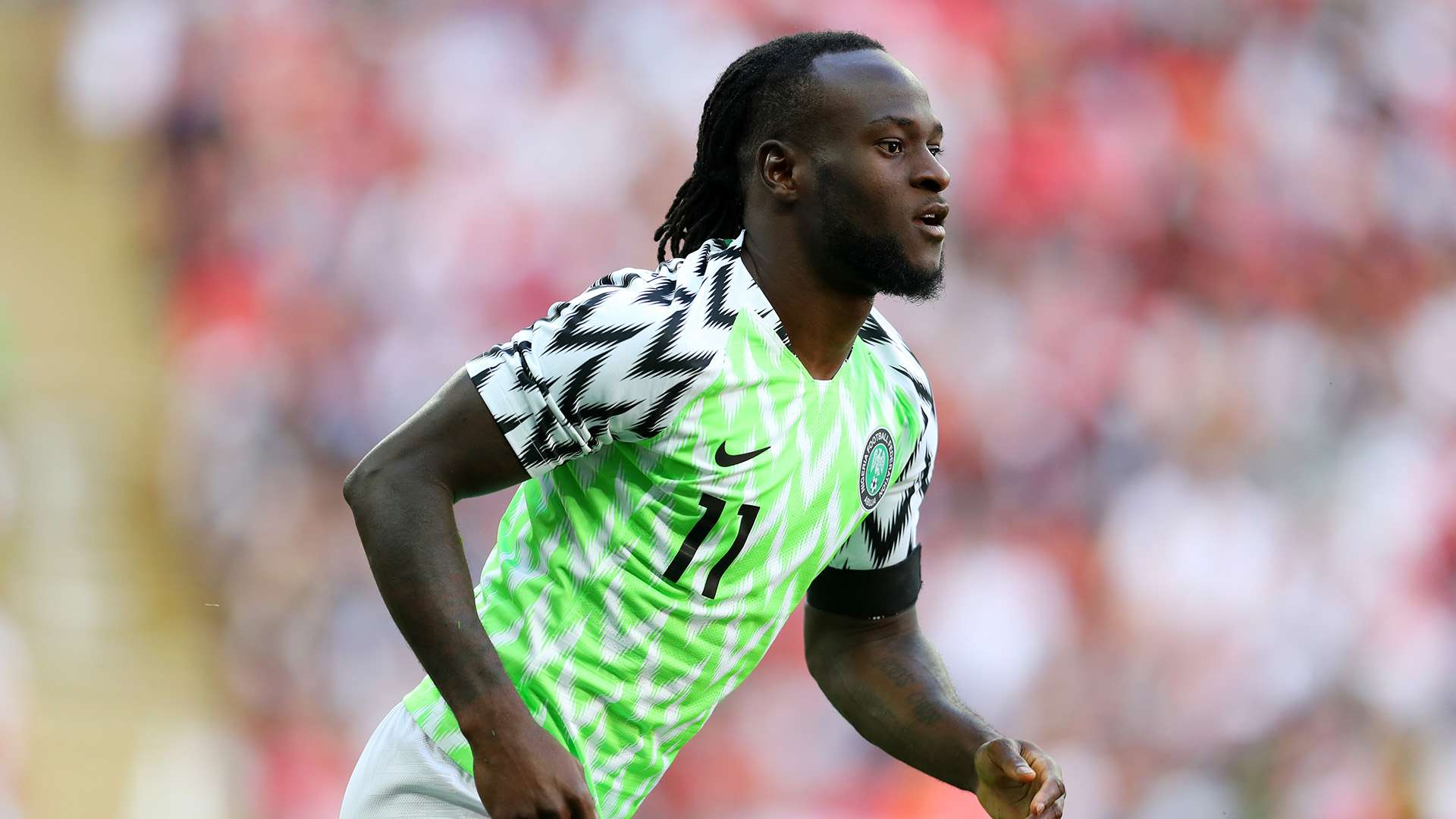 Getty
Getty
Having played out 1-1 draws in their first two games against Burkina Faso and Zambia, the Super Eagles needed a victory over Ethiopia if they were to advance to the quarter-final, and Moses came up trumps by netting a brace in the final 10 minutes to see off the Walias 2-0.
Despite qualifying as runners-up in Group C, Stephen Keshi’s men didn’t look back as performances improved somewhat to claim the continental crown, thus ending years of hurt for the West Africans.
He featured in two World Cups for the African nation, in 2014 and 2018, before announcing his retirement after last year’s showpiece in Russia, after 37 appearances.
It felt like Moses quit the national team too early and could have waited till after this year’s Afcon in Egypt...but it wasn’t to be.
Nevertheless, it doesn’t taint the wideman’s Super Eagles legacy in any way.
He wasn’t blessed with incredible technique, didn’t score tonnes of goals nor assisted a multitude either, but Moses was an indefatigable blue-collar player whose impact played a crucial part in Premier League managers turning to a tactic that had largely been avoided previously.
The retired Super Eagle was instrumental to the West African nation’s first Afcon win in nearly two decades, as well as a historic title win with Chelsea in 2017, and these achievements ought not be forgotten.
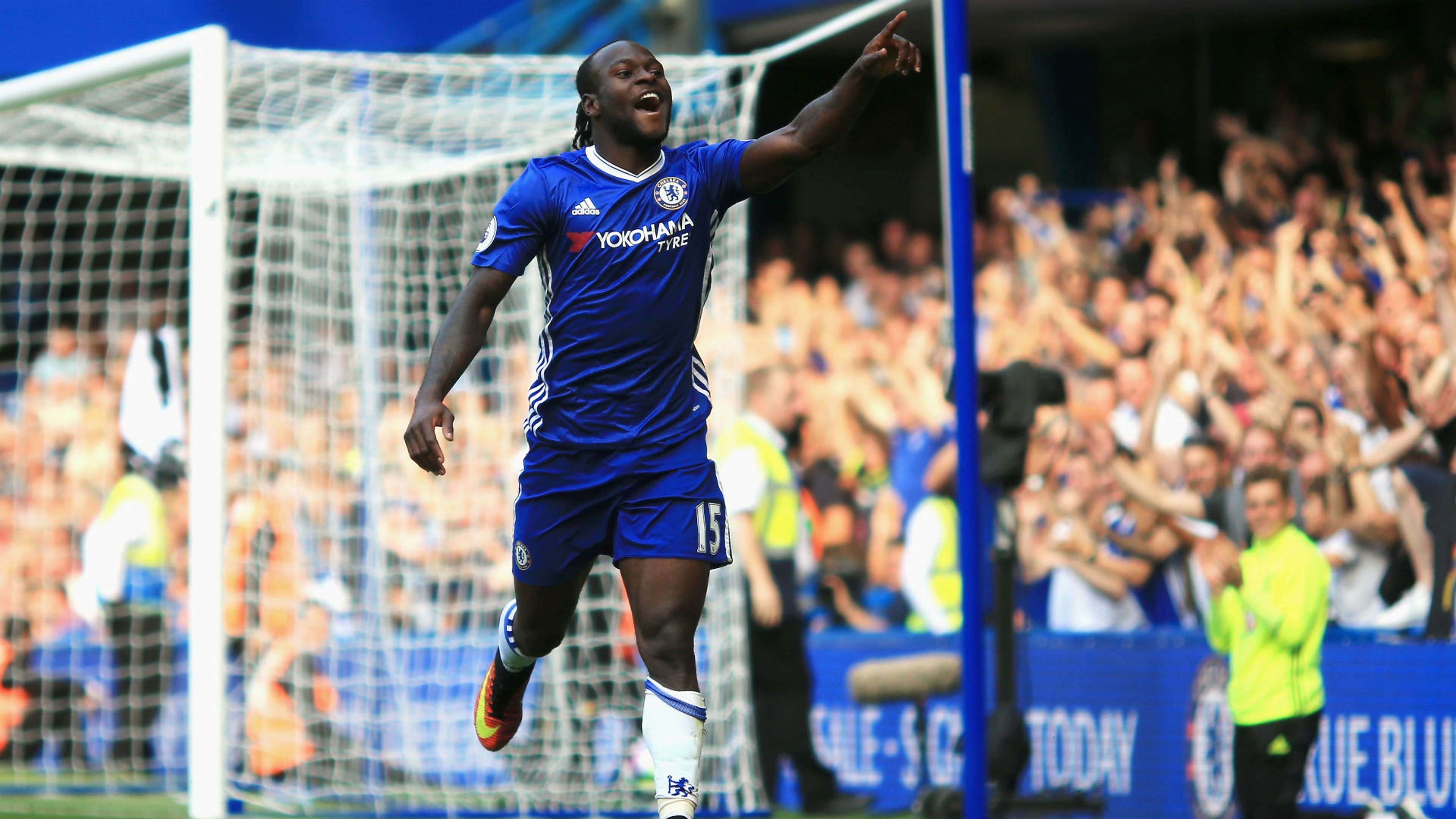



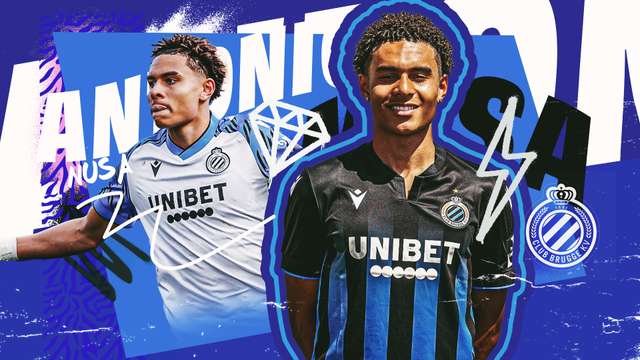
.jpg?auto=webp&format=pjpg&width=640&quality=60)
.jpg?auto=webp&format=pjpg&width=640&quality=60)